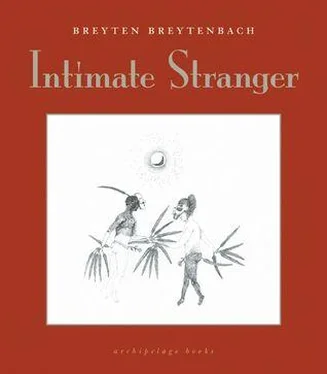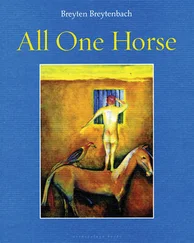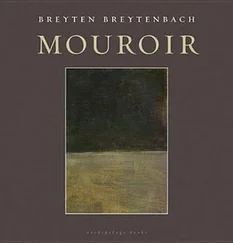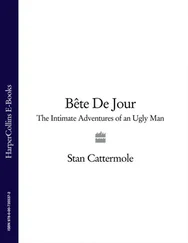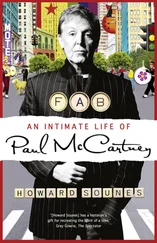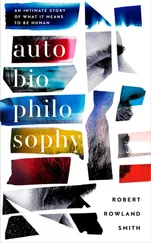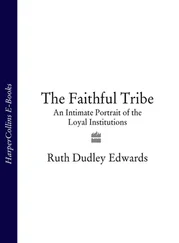In Afrikaans the shaman would be sieketrooster, wondmeester, geneesheer — meaning ‘comforter of the sick’ and ‘master of wounds’ and ‘gentleman of healing’. The poet-shaman uses deep-sound as primeval exorcism to console and confirm the known but also to destroy certainties, perturbing particularly the comfort of moral make-believe. He will put up signs as inscrutable and ineffable and brave as rock paintings exposed to the glare (and the gloating?) of time’s wind. The poet makes manifest the magic in which we still live, even in a globalized, post-modernist world. We will always have with us the open-ended, the beyond and the before, the cruel and the knowing, the warmth of seeing-which-is-making, the deep breath of our mountains, our human way of becoming part of the stars when the bottom of the boat gives way, and then the reverberating nothingness and dark light of space that cannot be sounded.
I suggest that you have to let this fire of beauty run through you. What’s left is the ash of the poet’s craft in which all fire will be remembered embers to be recalled and read like runes and stones and bones still smoldering in the streets of wind and water, so beautiful and so bleak. These are the poet’s remains we hope to return to; that, and the grace of his continuing without certainties but with the writing ear ever alert to the profound echoes of human commerce. .
Now I pause to wonder what it would be like to be a poet in South Africa now, in that country where I no longer live, six years after Mandela triumphed and two years into the presidency of Baba Mbeki. The answer, I expect, may depend to an extent on the language used. But it is again becoming urgent to turn and look into the hungry eyes of the question. .
What I would have liked to detect would be a voice totally of its place and time but not ‘South African’ — neither in inflection nor pretension or excuse or even preoccupation — that is, not South African in the wishy-washy querulous and whimsical way we’ve come to expect and experience. I’d love to see clarity of line and depth of feeling and resilience and truculence, and a nearly reckless insistence upon the qualities of excellence. I’m looking for resistance to bullshit, to the sweet and simple fodder of feel-fine moral fat making all too easy distinctions between ‘good’ and ‘bad,’ to the drone of slack triumphalism, to the worm of apocalyptic despair, to the insidious barbarism of mediocrity justified by the hocus of an ‘egalitarian’ ethic or other self-indulgent ‘post-colonial’ dirges, to the gentle art of forgetting the past, to the thundering silence of finding extenuating circumstances for our cowardice, to new hegemonies of taste and to new depths of lying and the ass-like adherence to bovine orthodoxies — be they of the so-called liberation variety. .
I’m listening, I’m listening. (Ah, what a fool I am!)
memory is a space:
slide away death’s lid
and lower yourself
to walk about
in landscapes of recollection,
the pulsating dimensions
of view and of breath
perhaps my eyes
will no longer be of the best,
colors be more brash,
distances more intimate,
and those birds
are they crows or bats?
is heaven of ceramic or fluff
or of flesh?
and that wind soundlessly
weeping through hollows and crowns –
how to return to the place
which I have always borne
like a grave rhythm under the skin?
could it be my imagination
or have I truly forgotten?
If I were to propose a course I’d say that the coming pages would not, properly speaking, be a discourse on poetics, but rather a few causeries around poems, approaching the edge of sanity (from whatever side) with a balance of curiosity and tactful distance, if not distaste. The less you know the more tactful and circumspect you ought to be. It would be neither the history of any particular period or tradition or mode, nor that of any given poet. The situation of the poem may be highlighted though. For there are many places of poetry: magic, mysticism, youth, the public forum, breath, history, memory, loss. . There’s also the place of diamond shining.
Of central concern will be the function or the workings. Poem is as poem does, and I think one paradoxically learns the ‘how’ of poetry long before understanding the ‘why’. Writing is a process of creating consciousness and thus the making of a self, because awareness is expressed through a vector, however abstract. The nature or intention of that ‘self’ is of secondary concern.
In so doing I’d want to look at some contradictory givens: the poem as disorderly and unlawful as ‘reality’; the poem predicated upon breaks in an attempt to encompass or imitate a whole ; as stilled movement, or moving stillness. You see, the position of the poem may change but the problem is the same ever since breath became audible and visible incantation. Poem is a capsule of space and time; it is always finished — you can no less add to it than you can detract from it — yet never completed until such time as it has been consumed (consummated) by you, Reader. Sure, there will be as many original versions as there are readers, since each partaker uncovers her own reading; poem is self-enclosed in its thingness, and yet will always depend on the reader for final and total completion. The world is full of strangers. Finally, it is a simple equation playing with invisibles and unsayables as if these could be seen and said, and they are, as “consciousness running away through words” that can carry but not keep. The word becomes world, dense and explosive, but the sense — the location and the reach — depends on or is triggered by the between-words, all those other components and contingencies making (up) the verse: prosody, line, shape, texture, harmony, dissonance, silences, ruptures. The function of the poem is to fuck the words good and hard.
The practice of poetry — as opposed to the coming about of poem — may on the other hand be described as an idle sport framed by the indignities of time. Grown men do it so as to buy cigars; women new garters.
With the above in mind one would want to trace notions and mechanisms of consciousness as flickering in the writings of the Chinese ancients, Rimbaud, Lorca, Celan, Vallejo, Pound. ., and examine presence /absence and empty /full; of how poems are written in the possible tense .
Can we say that the object of writing poems is to create a microcosm “more true than Nature itself”? (Tsung Ping), in which case we are involved in the restitution of vital universal breath? Do we go about this by grasping the internal ‘lines’ of things (which we re-present), thus to fix the relations which they have to one another?
But these ‘force lines’ can only come into becoming (incanted to incarnation) on a background of emptiness (the Void). “Nothing belongs to the trait, […] not even its own ‘trace’. . The outline. . retraces only borderlines, intervals, a spacing grid with no possible appropriation.” (Jacques Derrida, Memoirs of the Blind )
Therefore, in poetry as in the universe: without the Void no circulation of breath and thus no shaping of opposites that, together, ensure harmony. And so one can say that harmony is not possible without movement.
“How do you know that my kind of voyaging doesn’t rejuvenate me in some obscure way?” Fernando Pessoa asks in “A Voyage I Never Made.” Or again, later, in the same text: “. . my salvation lay in interspaces of unconsciousness.”
Emptiness, expectation, resonance. . must be built into the verse — indeed, into the very word! Then, when writing arrives at the point of being self-evident, “without traces or footprints,” it will appear to be a natural emanation of the paper, which is itself Emptiness. This ‘invisible’ written, that which has come about on the paper, the ejaculated seed, the spilling of whiteness, will prolong and purify the ‘off-page’ or the ‘beyond-page.’ “Conscious of the White, containing the Black: the way to mystery” — this was said by Huang Pin-Hung in reference to painting.
Читать дальше
